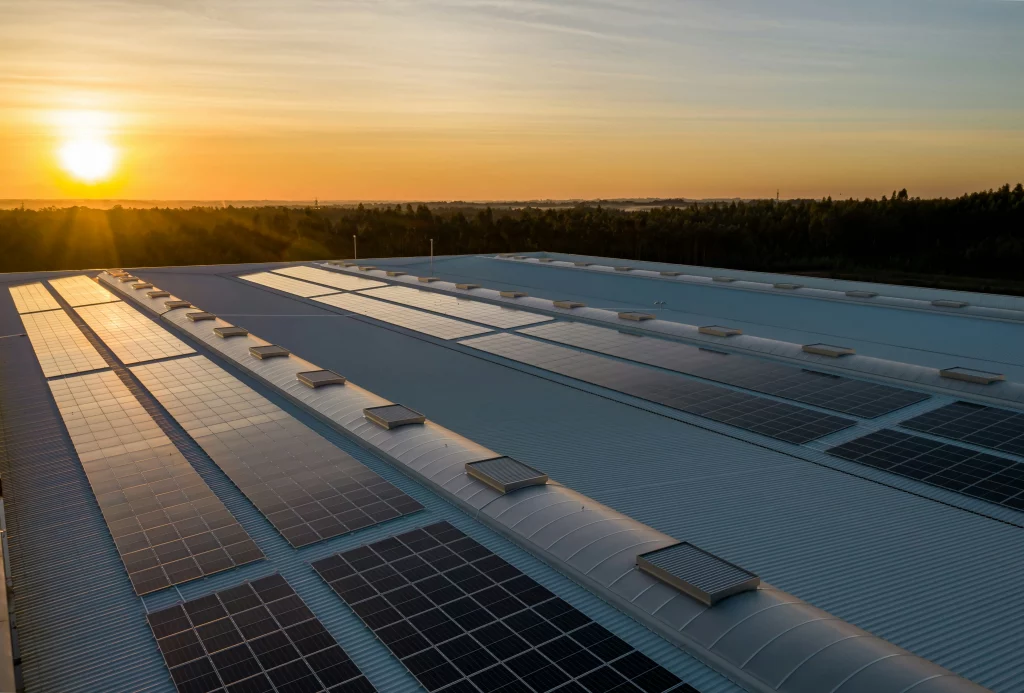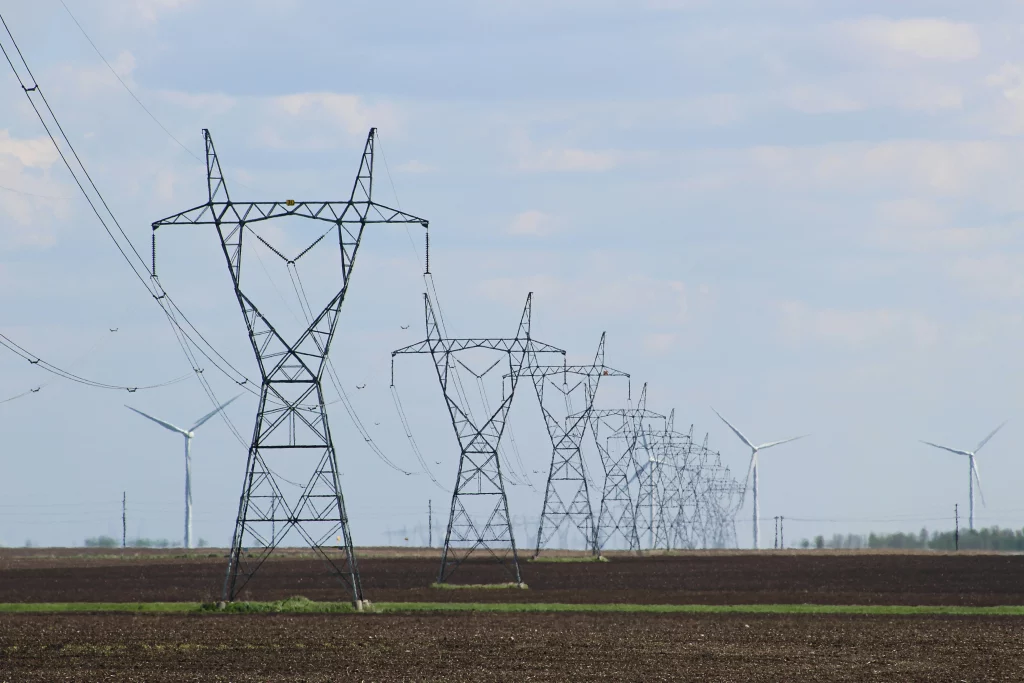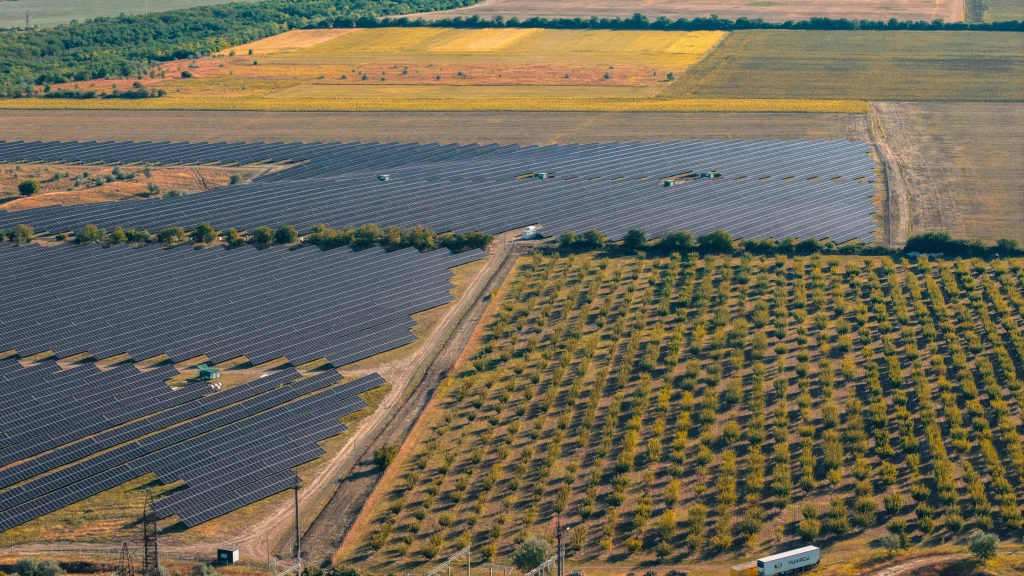
7 Key Takeaways from the X Business & Legal Energy Forum: Strategic Challenges and New Opportunities for Ukraine’s Energy Sector
On September 23, Kyiv hosted the anniversary X Business & Legal Energy Forum, bringing together representatives of parliament, government, business, and international partners. Throughout several panel discussions, participants examined the strategic challenges facing the energy sector, European integration, generation development, and legislative changes. Here are 7 key insights that outline the future of Ukraine’s energy system.
1. Energy Storage as a Driver of Transformation
“Energy Storage is the sector that is currently developing the fastest and most dynamically. This technology makes our energy system more flexible and allows it to operate on market principles.” — Andriy Herus, Chair of the Verkhovna Rada Committee on Energy.
Energy storage systems symbolize a new stage in Ukraine’s energy development. They balance the grid, enhance resilience, and open new opportunities for investors.
2. Germany: From Aid to Partnership
“The energy sector is one of the strongest areas of cooperation between Ukraine and Germany. Our priority is to help restore Ukraine’s energy system after the attacks and to see Ukraine as an equal partner in the future.” — Maximilian Tonner, Economic and Energy Advisor, German Embassy in Ukraine.
Germany has already provided more than €835 million in aid and equipment. In the long run, however, it envisions Ukraine not as an aid recipient but as a full-fledged player in the European energy market.
3. Decarbonization and CBAM: Integration Challenges
“If the European Commission sees Ukraine’s readiness to work on carbon markets even during the war, we should not face problems with an extension until 2030.” — Olha Yevstihnieieva, Decarbonization Expert.
Ukraine is negotiating extensions under CBAM while simultaneously working on its decarbonization plan. This highlights the delicate balance between wartime challenges and the need to integrate into Europe’s carbon market.
4. Critical Enterprises: Legal Status and Risks
“The status of a critically important enterprise is the key condition for reserving employees and ensuring uninterrupted energy operations. But it is not permanent and must be confirmed annually.” — Iryna Ursu, Advisor at KAIZEN Law Firm.
Obtaining “critical enterprise” status provides companies with legal tools to protect staff and maintain stable operations. However, the process is complex, requires strict compliance, and involves potential risks.
5. Deregulation and Digitalization in Energy Construction
“We strive to ensure equal access to services and equal rules of the game for everyone. The system already registers documents automatically in just 15 minutes.” — Oleksandr Novytskyi, Head of the State Inspectorate for Architecture and Urban Development (DIAM).
DIAM is revolutionizing the sector with digital solutions: automated permitting, the “Transparent Construction” mobile app, and integration with the “Diia” platform reduce bureaucracy and make the market more accessible to investors.
6. Decentralization of Generation: A Chance for Business
“Large enterprises must secure their own electricity supply, since no one can guarantee grid stability.” — Andriy Zhupanyn, Member of Parliament.
Over 2 GW of capacity has already been installed on the consumer side, mainly by businesses. This reflects the growing trend toward decentralization and the shift from centralized systems to flexible, resilient energy models.
7. Energy Efficiency: A Resource Not to Be Ignored
“We have a 50% energy-saving potential. This is a critically important element of the economy.” — Hanna Zamazieieva, Head of the State Agency on Energy Efficiency.
Ukrainian households spend an average of 72,000 UAH per year on energy. Programs for energy audits, certification, and modernization could significantly cut consumption and save billions.
The X Business & Legal Energy Forum became a platform for honest dialogue about both challenges and opportunities. From decentralization and digitalization to international partnerships and energy efficiency, these insights shape a vision of Ukraine’s energy future: flexible, sustainable, and firmly integrated into the European market.
Become a member of 100 RE UA
Switching to 100% renewable energy in Ukraine is possible!




